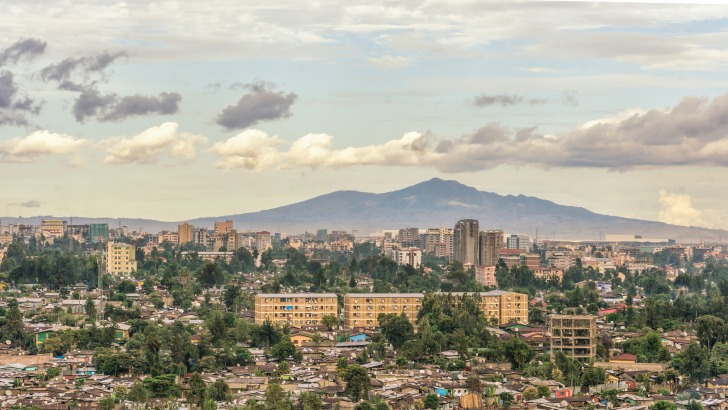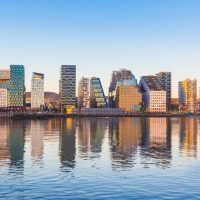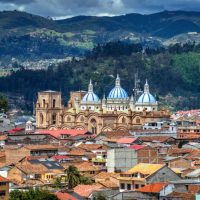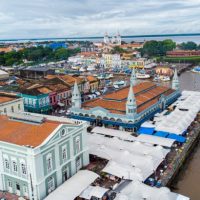There was a time in recent history when Ethiopia was directly associated with famine and children in desperate need.
While things aren’t perfect, things have certainly improved in many ways for Africa’s oldest nation.
Currently, Ethiopia boasts one of the fastest-growing economies on the whole continent.
Being the runner-up for most populated, this country definitely has the bodies to help encourage the financial state.
They also have the fighting spirit to keep making things better.
This African nation is only one of two on the continent that was never taken over.
That feat came even after the Italians tried to occupy Ethiopia for a handful of years.
Natives of the land weren’t having it.
Why would they?
After all, in a country that supports as many as 80 languages, there’s just too much culture to celebrate.
Be careful, though.
We’re going to take you through 10 cities to avoid when you go visit Ethiopia.
Contents
10 Most Dangerous Cities in Ethiopia
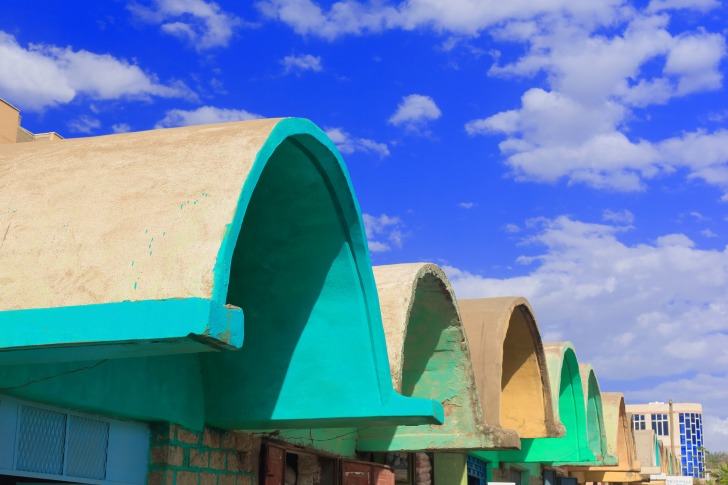
1. Mek’ele
Mek’ele has one of the best markets in the country.
Of course, being just south of the Eritrea border doesn’t make that so appetizing.
Issues across Eritrea are finding their way to places like Mek’ele.
With that comes kidnappings, violence, and even murder.
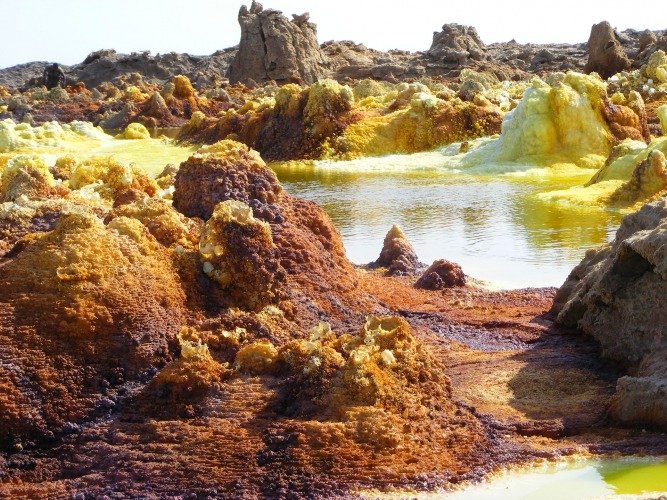
2. Dallol
On the Eritrea border, Dallol is referred to as the “Gateway to Hell” by locals and anyone crossing its path.
That’s because the temperatures here soar as high as 148 degrees Fahrenheit.
Shockingly, there are very few locals, but mostly Dallol is a ghost town.
Attempting to survive in these extreme temperatures is not only foolish but dangerous.
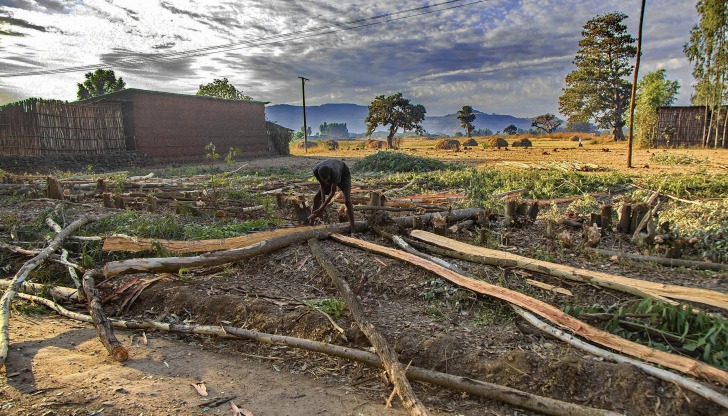
3. Bahir Dar
In the north, on the bottom foot of Lake Tana, is Bahir Dar.
Locals wouldn’t actually count the town as particularly unsafe to live in.
However, that perspective changes as a tourist.
Bahir Dar is the biggest city close to two borders, Sudan and Eritrea.
Both borders are known for kidnapping and violent crimes.
Just being a tourist here could open you up to being a target.
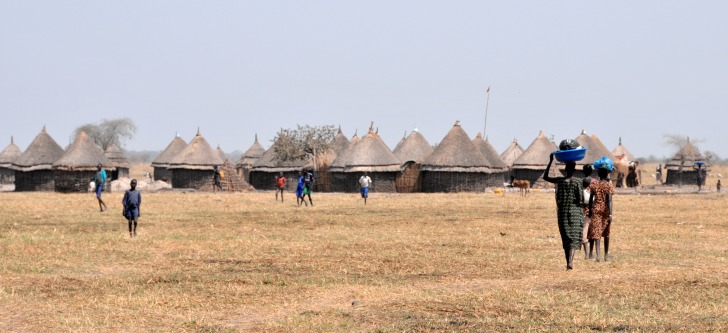
4. Gambela
Gambela has the fortune of a river running through it, which helps feed the national park by the same name.
Having more resources might be why Ethiopians from other places in the region come to Gambela for criminal activity.
In the last few years, property crimes have escalated.
Currently, they are the main source of crime here.
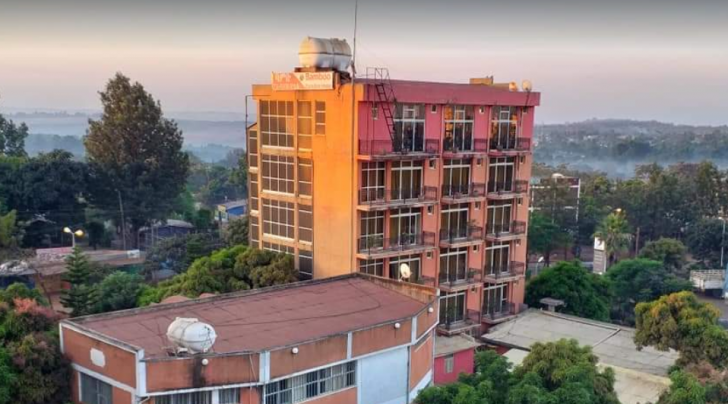
5. Asosa
Being a border town with Sudan hasn’t done anyone favors in who knows how long.
This is one of the places that also has the misfortune of also being very close to South Sudan.
It’s not uncommon for political unrest to result in kidnappings of both locals and those participating.
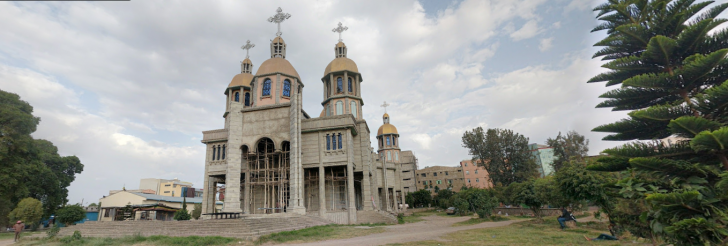
6. Shashamene Zuria
The nearby wildlife sanctuary has breathtaking views and is one of the calmest places in the country.
That vibe doesn’t necessarily extend to the rest of the 200,000 inhabitants.
Or it does, depending on your views of cannabis.
Cannabis growers look for similar rural environments to hone in on their trade.

7. Buur Cukur
This city in southern Ethiopia is called the God Zone.
However, sharing a border with Somalia makes it much less praiseworthy.
There are a variety of dangers at this border including terroristic acts.
One of the most dangerous aspects is landmines.
They are everywhere, can’t be detected, and often mean instant death.
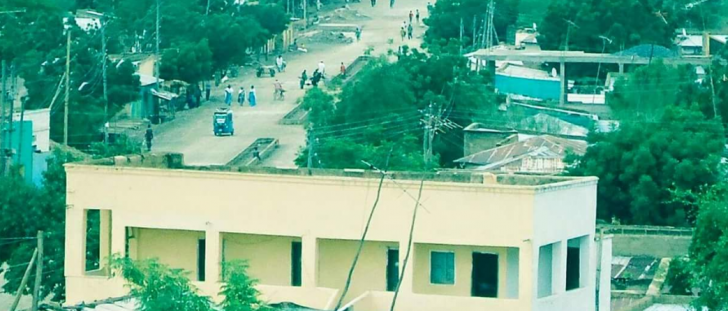
8. Rama
Rama can sustain its community thanks to having fertile lands.
Resources aren’t always abundant, so this access keeps citizens around despite their proximity to Eritrea.
Violent crimes often come from the border.
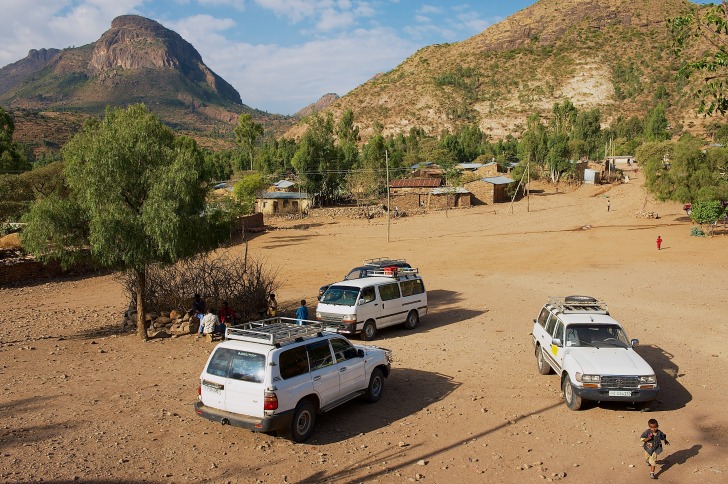
9. Adwa
This is where, well over a century ago, a battle was won against the Italians in their attempt to colonize the area.
That fighting spirit has been prolonged but not in a helpful way.
Being another border town with Eritrea, political unrest spills over.
Corruption has caused police to beat and unfairly detain citizens.

10. Adigrat
If you haven’t picked it up by now, being on the border with Eritrea sucks.
Adigrat can concur since one of the things the town is known for is the Audigrat Massacres.
These murders by the Eritrean Defence Forces only go back a few years.
5 Safety Tips for Traveling to Ethiopia
1. Set Alerts
On your mobile device, you can create Google alerts for certain topics, keywords, and locations.
Do this at least in the days before heading out to Ethiopia.
Knowing what’s happening in the city you land in as well as the cities you plan to tour around in can make a huge difference.
This becomes especially vital when it comes to protests or political upheaval.
The last thing you want is to be stuck in a mess when you’re just in town to have a good time.
These alerts will start to let you know in advance if there’s something you should be worried about.
Also, having these alerts going while you’re in person could help you manage a day better, in case there are some disruptions.
2. Stay Far From Eritrea
Clearly, whoever was drawing the official lines for Ethiopia didn’t have a particular fondness for the country.
This is evident in the excessive need to keep it from a large body of water.
Instead, Ethiopia is kept from the water from multiple other nations, including Eritrea.
That might be reason enough to give the northern neighbor attitude, but there are more reasons to stay away entirely.
Eritrea is going through a lot of internal struggles and it’s leaking over the border.
This conflict is causing an enormous number of violent crimes to happen in Ethiopia.
Citizens know to stay away but naive tourists may not realize how serious it is.
No one wants to go on a trip and get kidnapped, assaulted, or murdered.
Stay as far inland as possible.
3. Stay Inland
Ethiopia shares a border with six countries.
Because of the state of the world and conflicts going on throughout Africa, no borders are considered safe.
To the south, Kenya is going through a dark time with terroristic threats and violence against ethnicities.
To the west, borders shared with Sudan and South Sudan are getting scarier by the day with kidnappings and political protests.
To the east, Somalia is also seeing its own people being kidnapped, terrorism, and even deadly landmines.
No, it’s not just you.
It definitely does feel like there is some sort of danger in every direction.
Essentially, once you arrive in Ethiopia, stay put until you fly out.
4. Plan For Evacuation
You know how, during a flight, an attendant will explain what to do in case of an emergency?
Most of the time, it’s ignored but it could end up saving lives.
The latter is the attitude you should have going into a country like Ethiopia.
Due to the situation being unpredictable in any area here, it’s always wise to go on the trip knowing where your exit doors are.
Come up with a plan to get out of the country in case of an emergency if the US embassy wouldn’t be able to help.
Heaven forbid you actually need to implement such a plan, but much like the flight safety instructions, it could save lives.
To start with, print out a map of the location you intend to be staying and mark important places like the police, hospitals, and excursions.
Next, make a note of where to get a rental and what documents you’d need to obtain them.
The more info you have in advance, the less of a mess you will be in later.
5. Sign Up For STEP
STEP, the smart traveler enrollment program, is the smartest way to get ahead of any devastating civil unrest.
This is a free service offered by the government for those traveling or living abroad.
It comes in handy for all travel situations, but more so for when you are in a place that could erupt at any time.
Much like Google notifications, STEP will alert you about what’s happening at your intended destination.
If something happens while you’re there, the government will know your whereabouts and send a rescue team, if necessary.
This service will also reach out to family and friends to make sure they can hear from you during the time of chaos.
Ethiopia Safety Overview
READ THE FULL REPORT: Ethiopia Safety Review
Safety Index:
- OVERALL RISK: HIGH
- TRANSPORT & TAXIS RISK: HIGH
- PICKPOCKETS RISK: HIGH
- NATURAL DISASTERS RISK: HIGH
- MUGGING RISK: MEDIUM
- TERRORISM RISK: MEDIUM
- SCAMS RISK: HIGH
- WOMEN TRAVELERS RISK: MEDIUM
Frequently Asked Questions
Are there English speakers in Ethiopia?
It just so happens that English is the most frequently spoken foreign language in the country.
English is also taught in schools, which means there are many Ethiopians who know at least some of the foreign languages.
It is estimated that, in total, there are 175,000 English speakers who live in Ethiopia.
The majority of whom live in Addis Ababa.
Is Ethiopia safe for LGBTQ couples?
Absolutely not.
In fact, some would rank the African nation as one of the most dangerous places to be if you fall under the gay umbrella.
The reason is homosexual activity and relationships are still deemed illegal.
So, if tourists were suspected of being in a same-sex coupling, they could easily be prosecuted.
Even being gay and single can be a problem.
There’s a local group working to ban an LGBTQ travel company, as we speak.
What form of payment is accepted in Ethiopia?
The only place where credit card use is the norm would be in the capital.
Typically, you can count on hotels and major restaurants to accept cards.
Do not rely on them, though.
Ethiopia is largely a cash-based society.
It’s more on the rare side for a business to take anything else.
Before jetting off, be sure to get in touch with your hotel to make sure they do take that form of payment.
It would also be wise to contact your bank to see what kind of options to get the cash you’ll have while overseas.
